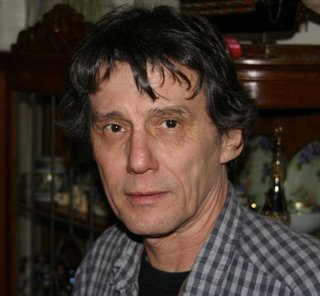Hooding of prisoners - Is it Ehical?
I was deeply disturbed last week while watching a news item on television. It showed american police with a captured suspect who was handcuffed behind his back being led to a waiting squad car. What was chilling about the scene was that the suspect was hooded.
We have witnessed the hooding of captives in Iraq and Afghanistan and I am very disappointed that the Canadian government has condoned this method by their silence. We have for centuries been able to transport captives, both war-prisoners and felons alike, without resorting to this tactic.
The purpose of hooding a prisoner is to remove his humanity from him, to take away his or her ability to make eye contact with their captors or others in his situation. The hooded prisoner becomes an object, the easier to abuse because the abuser now has the anonimity necessary to commit illegal acts.The prisoner is both denied the right to identify the perpetrators of illegal acts committed upon him, nor those he may witness committed upon others.
What I find really disturbing is that the hooding of prisoners is now being carried out in the United States by civilian authorities. If no one decries this outrage, how soon will it become common practice, not only in the U.S., but in Canada? Is the next logical step a progression to the methods of torture meted out upon those poor souls in Abu Graib and Guantanemo?
The Canadian public needs a clear understanding from our government wether this type of action will be tolerated, not only here in Canada, but by our troops overseas in Afghanistan. We have, until lately, enjoyed a high degree of respect around the world for our democratic government, our peace-keeping and our tolerance of others. Please, let us not sink to the level of our neighbor.

